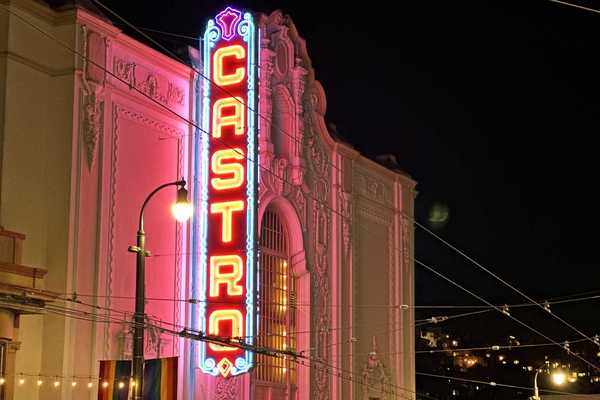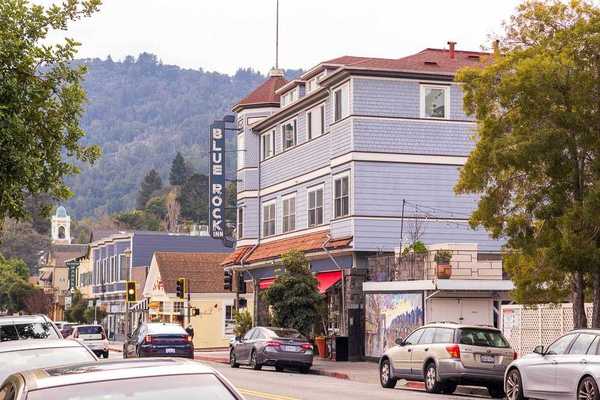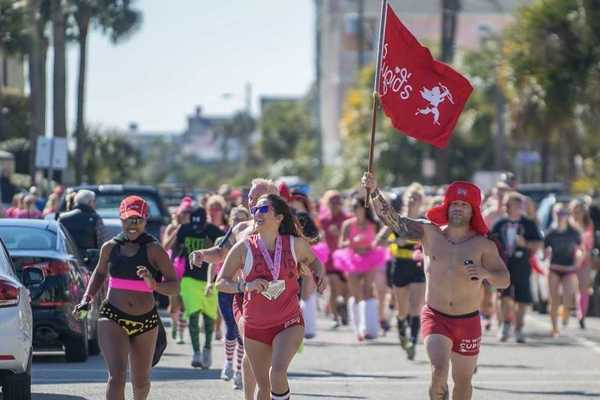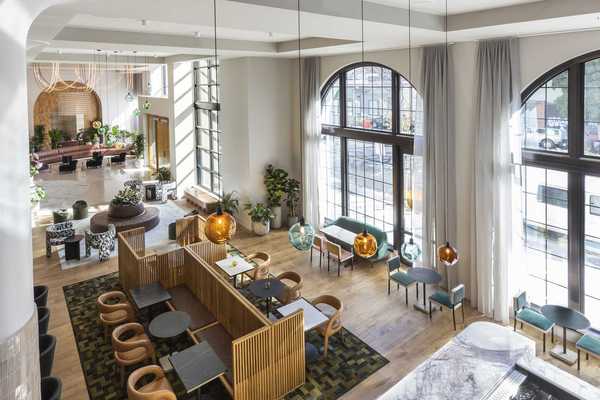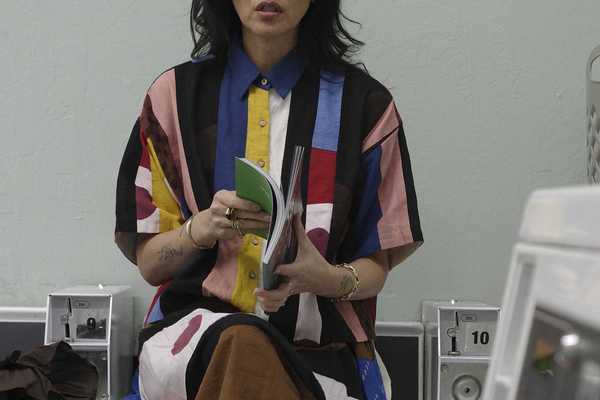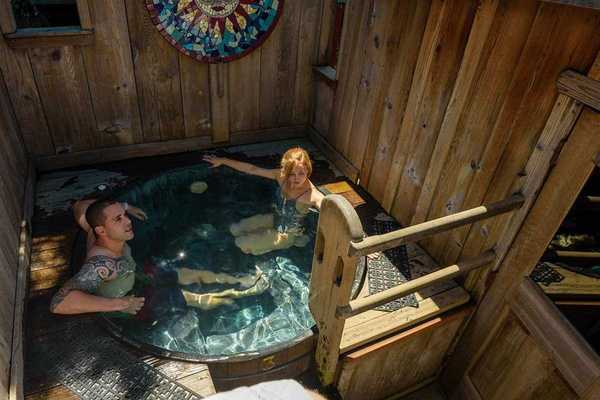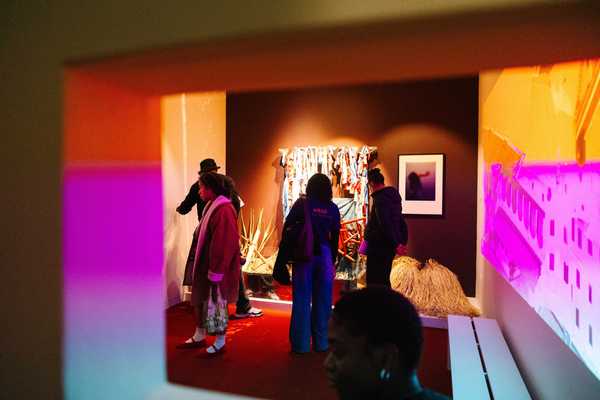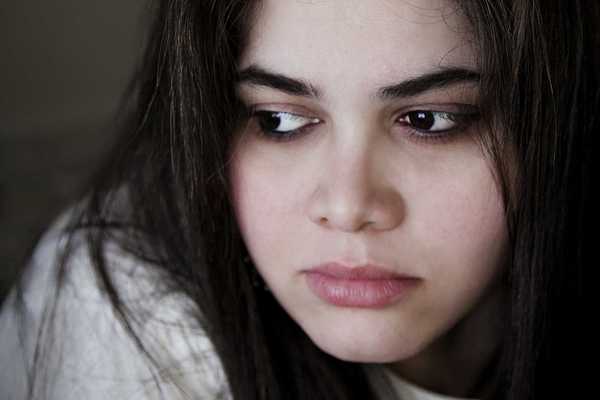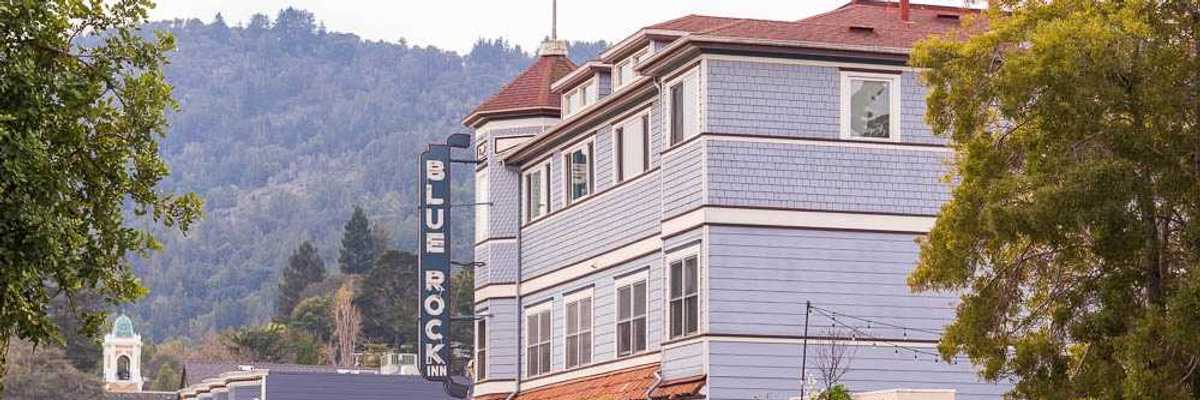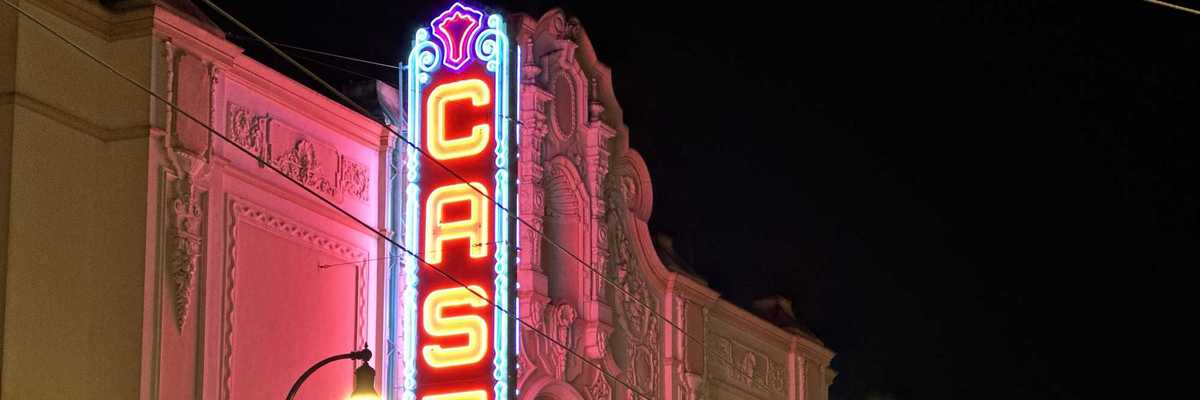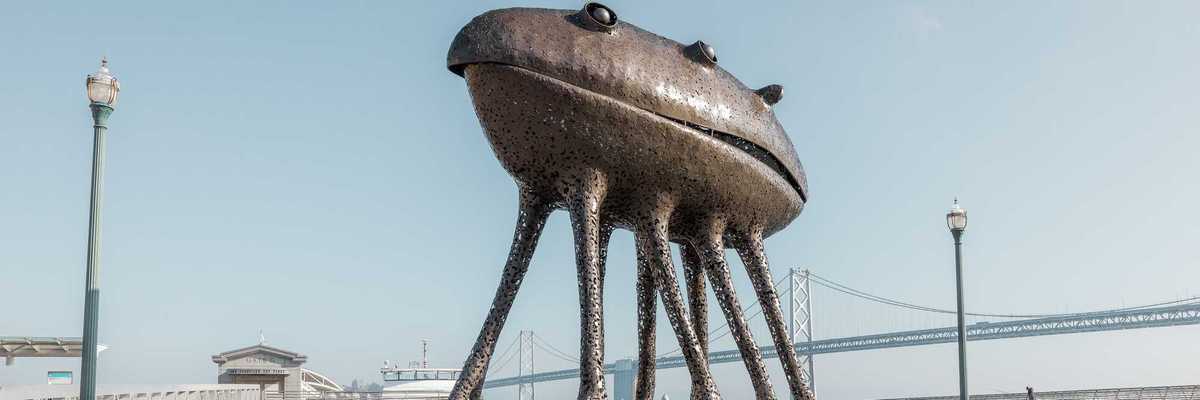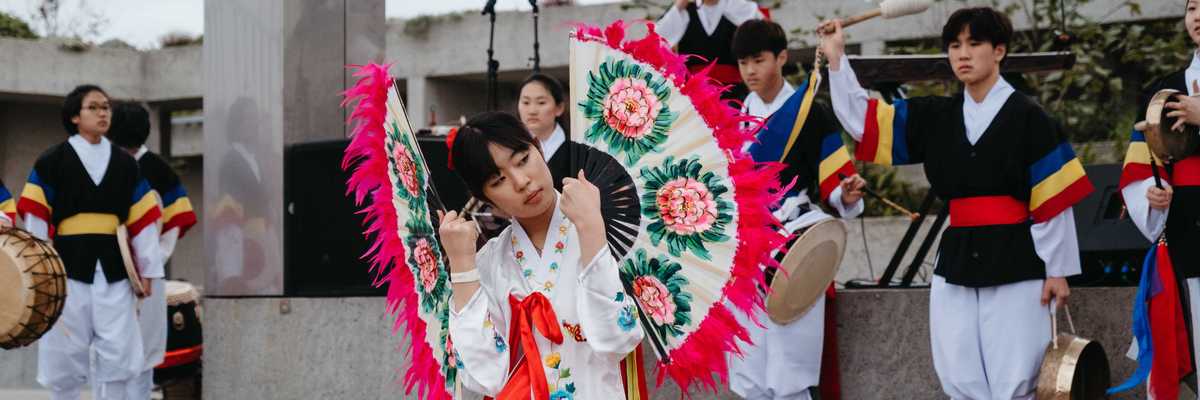San Francisco's music scene is constantly evolving. Luckily, Pro Fans' Gregory Hill and Father/Daughter Records co-founder Jessi Frick are keeping San Francisco in-the-know. This Saturday, they'll be throwing the First Annual Bay Area Record Fair (affectionately nicknamed B.A.R.F.) at Thee Parkside featuring 21 labels, four bands performing live, and more records than you've probably ever seen in your life. B.A.R.F. is free to attend with all ages welcome, and is sponsored by some familiar faces: Amoeba Records, BFF.fm, and the Mission's Aquarius Records among others.
We sat down with B.A.R.F.'s founders to discuss the state of San Francisco's fickle independent music community, the importance of sustaining live music in the Bay Area, and the beginning of a new tradition.
How did the idea for the Bay Area Record Fair initially come about?
Frick: I had the idea late last year. I really dug what Pro Fans had been doing with throwing curated shows and creating more of an underground community so it was a no brainer to ask Greg, [and other Pro Fans staffers] Marisa [Breall], and Katie [Kopacz] to help plan it. I moved here from NYC almost four years ago and the label community is way more tightknit there. You see each other at shows, happy hours, industry events, and I didn't feel the same after coming here.
Hill: So, Jessi, being the go-getter she is, and me, being unsatisfied with the communication within our music industry community—it just came together really naturally.
Frick: Come to find out, Absolutely Kosher organized something similar a few years ago so it feels really nice to keep that spirit alive.
Besides Father/Daughter, who were the first labels to sign on?
Hill: I think Polyvinyl and Slumberland signed up almost instantly. Voltaire too.
Frick: Then Tricycle, Turntable Kitchen, Gold Robot. Every label we asked said yes.
Hill: Of course, getting those really important local labels at the beginning encouraged the spirit of what we were doing and kind of reaffirmed our idea.
The music industry in SF is in an interesting place right now—Café du Nord and Red Devil Lounge have closed, Elbo Room was (briefly) rumored to follow suit, and Ian Port called for more people to go to shows in a recent SF Weekly article. Why is it so important right now for San Franciscans to support local music?
Hill: Because our dollars dictate what venues can stay open and can continue to book bands and curate good shows—as well as if bands can afford to stay here. With Du Nord closing, there are only so many venues left in San Francisco that you can get people to go to to support local music.
Frick: I think sometimes people forget that for the most part, music is a business. Bands need to sell records, merchandise, and tickets to shows to sustain themselves. Otherwise it's just a hobby. Supporting locally is the first step to thriving.
Speaking of bands staying here, do you think the recent departures of Thee Oh Sees and Ty Segall to Los Angeles are detrimental to the development of new artists here?
Hill: No, I think quite the opposite. Now bands that have been here and have just started to put out records like Mane or Life Stinks have a chance to get some shine, now that these “spotlight” bands have opened the door for new life.
Frick: I see SF as a transitional city. People will come and go, and hopefully their impact locally will inspire new bands.
What’s the overall goal behind this event for the local music community? Why is an event like this so important?
Frick: I hope it brings labels closer together, creates some camaraderie, and gives regular folks the opportunity to see the humans behind the scenes.
Hill: The community is full of musicians, local label heads, promoters, journalists and just regular people who like to buy and support music, and it’s so important to make sure that everyone knows that they're not alone—that we're all fighting for the same things [within the music community] together.
What are you most looking forward to at the event?
Hill: Hanging out with Papa Slumber! Honestly, I want the labels to really interact with each other because they are the closest of peers, and I want the people to interact with their favorite labels. And of course, for everyone to leave with some new records and get to know some of the bands playing that they may not know yet.
How do you hope to see B.A.R.F. grow in the coming years?
Hill: We really only got about half of the local labels involved in this one. There are a lot of dance labels that we want to get involved with next time. Everything is great so far, but it doesn't mean much if we don't use this as an opportunity to strengthen our music community.
Frick: I was inspired to start a label by some of the same people who will be at B.A.R.F., so I hope it continues to grow and inspire [others] each year.
Follow @alyspereira for more on the Bay Area live music scene.




